One of the events during the 2018 edition of the Krakow Film Music Festival was a concert by TORREK, a band that fuses Irish and Icelandic folk music. The members consist of Icelandic film music composer Atli Örvarsson and his sister Hilda Örvarsdóttir, together with the Irish brothers Eoghan and Flaithri Neff. They met when Örvarsson needed Irish music for the movie The Eagle. During the festival I had the pleasure to sit down with Atli Örvarsson to talk about his career, influences, his band and his home country. The interview was held on June 2, 2018.
Anton Smit: As an introduction, how did you become a composer?
Atli Örvarsson: I am originally from Iceland, and I grew up playing music a lot. Being in a musical family, it was all around me. I played in a lot of bands there, orchestras and theater orchestras there and I had a very sort of varied experience in music from classical to jazz to pop and to theater, as I said. That was sort of my first life, and the second life happened when I moved to America and went to Berklee College of Music. While I was there I decided to get into film music. I decided to try one of their courses that introduces you to film music, and I just fell in love with writing for picture. It was kind of those seminal moments where I was like, this is what I need to do. That is how I ended up being a film composer and moved to Los Angeles after I finished my schooling and worked there – still work there actually – for almost a couple of decades now. I have recently moved back to Iceland, so now I am also doing quite a bit of European cinema, other musical projects, like a band project, and I am also working on some solo material outside of film music. I am just enjoying my life and my music and trying to find the most honesty in my music that I can find. To bring something to the table that is pure and honest.
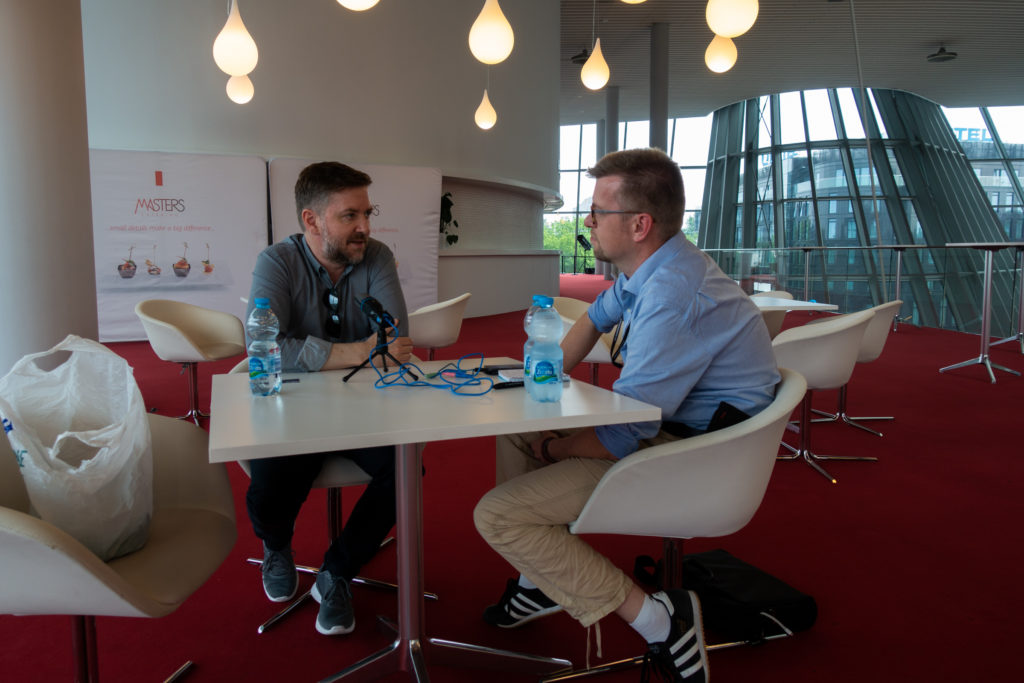
AS: What kind of movies did you have in mind when you decided to become a film composer?
AO: No specific kinds of movies really. When I was a kid, I was very taken by Star Wars and John Williams’ music for that. When I became a teenager, I started listening to Morricone a lot, and later, as a young adult, I started watching a lot, for example, Polish cinema – Zbigniew Preisner was a big influence. My palet for what kind of films wasn’t necessarily what I had in mind. Maybe it is drama, human stories that have always interested me more than anything else.
AS: You mentioned you grew up playing music, and you play the accordion at the festival, was that your first instrument?
AO: No, that is something I took up very recently. I do not even think of myself as an accordion player. My father actually was an accordion player. I grew up with him playing the accordion at the house. My first instrument was the trumpet, and then I started to play the piano more and more. The accordion is a later day addition. It was actually a kind of a coincidence that I needed to play accordion at a show. I just picked it up and have had one since then. I would say now my main instrument is the piano.
AS: When you did the jam session for the movie The Eagle, with your fellow bandmates, I assume you used the accordion for that?
AO: No, it was the piano. I just sat at the piano, which obviously is an unusual instrument in an Irish jam session, but it got my ideas across to the guys who were playing. It was a very fruitful session.
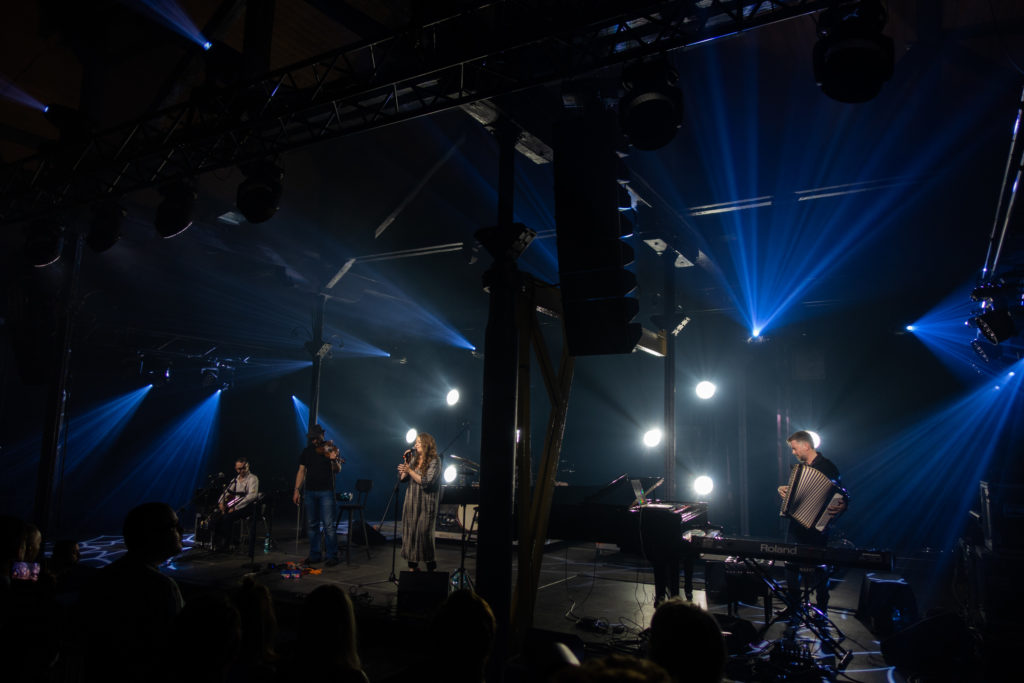
AS: How did you meet the band members?
AO: It was the director who had found them, or had his assistant go on YouTube, and just listen to a ton of Irish musicians. He was really drawn to what Eoghan and Flaithri were doing, and he said to listen to these guys. We should get them to come in, and we just agreed that these guys had a cool sound. Eoghan is the fiddler, he plays all the traditional Irish music, he does a lot of looping, and a lot of experimental stuff with the violin. . . or the fiddle. I don’t think he would like it if I would call it the violin! That is why we chose to work with them, because it was the Irish traditional stuff, but it is taking it to some other place, and that was interesting.
AS: Being back in Europe after leaving the Hollywood behind, what are the biggest differences?
AO: Probably, at the end of the day, it is the size and scope of the productions in a way. Well it depends, there is obviously independent film making in America that is done for not big money, but when you work in a studio system it tends just to be simply more resources: there are more people involved, there are more people making the decisions. In often times I have found is that in the studio world, meaning the big film studios, there are a lot of people who want to be involved in the decision making of the music. It is not just the director, whereas in European film it tends to be an alternative kind of method of making movies here. In a way there is more freedom, which I think is really nice and the funny thing is, even big Hollywood films I have done but with European directors, I find t hat I have more freedom with them. There is this sort of this idea that you pick the artist you want to work with and you let them do their work.
Most of my work still is in Hollywood, even though I live in Iceland. I feel like just coming out of the environment is very healthy, because, in a way, you look at it from a distance. You are not in the thick of the scene or whatever you want to call it, and I feel like creatively it has helped me a lot to be more, I suppose, creative. I feel like I am approaching things differently because I am not in the heart of it: I am just coming in from a distance.
AS: You can be more creative because of the distance with things like time zone differences and less opportunity for communication?
AO: That might be an unintended consequence. Yeah, that is a part of it. The other part is simply that I live in a small town with really amazingly beautiful nature. Living in a small town means that you spend less time in the car, you spend less time doing stuff that has nothing to do with the music. I feel like I have more time, I have more space to think and be creative. I think it just has all kinds of advantages.
AS: Are you more influenced by nature and the people of Iceland?
AO: Maybe. As I said, just taking a walk in nature is inspiring. There is this stillness there, there is calm. For me, when I create, it is good to be calm. Some people thrive in a kind of different environment with more action, but it seems like I would rather be living in a calm place and go and get some action once in a while in a big city, and that seems to work better for me creatively.
AS: It came to my attention that you held a concert with your music in Iceland. How does it feel to have a concert with only your music?
AO: It was quite scary actually to conduct a whole concert with anyone’s music, let alone my own! But I mean, all joking aside, it was a great experience, and it wasn’t something I had been thinking about or planning, but the manager of the orchestra suggested that we do a concert with my work – sort of a homecoming concert in a way. All the aspects of it were quite fun, just going back and revisiting scores I have not listened to in a long time. Seeing if we could use this piece here and just started to sort of put together a program out of my catalog of work was very interesting. It was interesting artistically to revisit pieces, it was interesting personally to almost relive the times you went through, and of course, at the end, I conduct my music in the studio, but I had never conducted a full concert. That was a personal challenge as well, just to jump in the deep end of the pool.
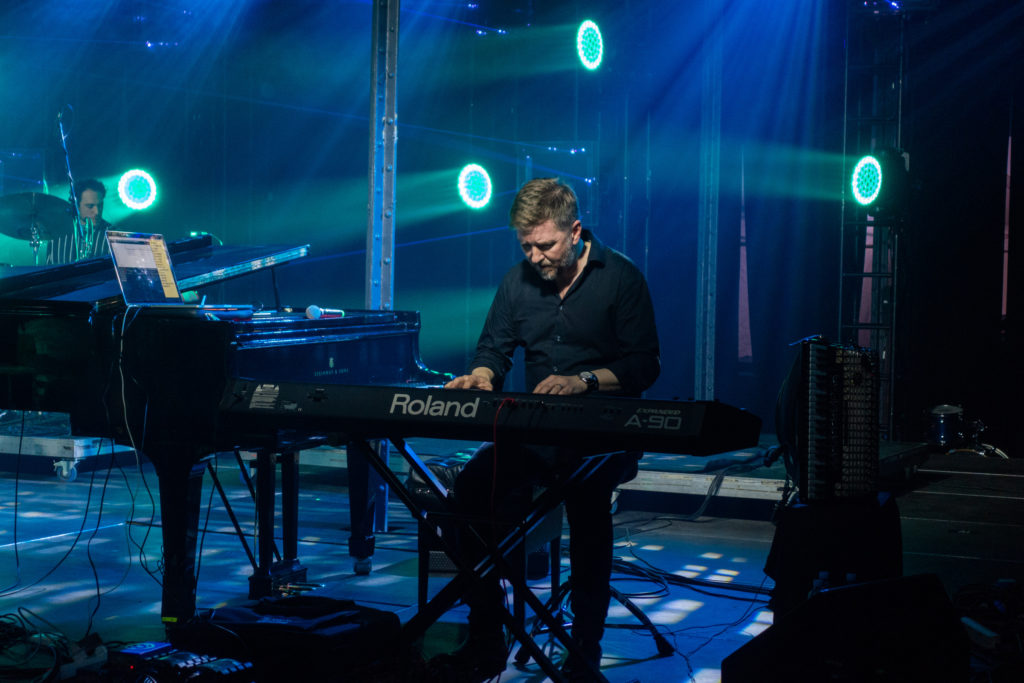
AS: Now that you have heard your music played live at your own concert but also on Tenerife, last year. Has it changed your writing?
AO: Yes, I think so. First of all, to be honest, I would not mind having the music being performed more, but I think you just kind of start thinking about it, perhaps, a little bit more from the musical standpoint than the film making standpoint. You are sort of reminded that okay, yes it is film music, but would it not be great if it stands on its own, played with an orchestra if that is appropriate. Not all film music is orchestral. It has made me want to write better concert music in a way.
AS: As the final question, want can we expect from you in the near future?
AO: There are a few films in the pipeline, I just finished a film for Netflix called How It Ends, which is coming out in July. I am about to go into a very busy period finishing up the score for a remake of a movie called Jacob’s Ladder. It is kind of a horror score, which I am excited to mess around with, because you get to experiment and do crazy things. The director who did the movie Rams, which won a prize in Cannes a couple of years ago, is an Icelandic director. We are starting work on his next movie. On top of that, as I said earlier, I am working on my own solo projects. Now we will start thinking about doing another album with TORREK now that the first one is out. There is a lot in the pipeline, and at the same time I have television shows coming in and going on. So yeah, it is just a matter of finding enough time in the day to do all of it!
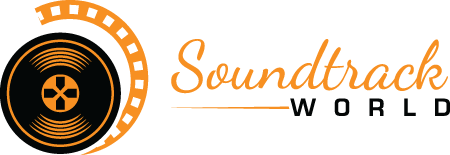
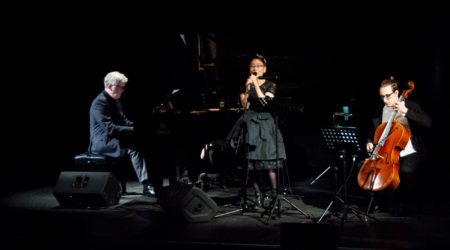
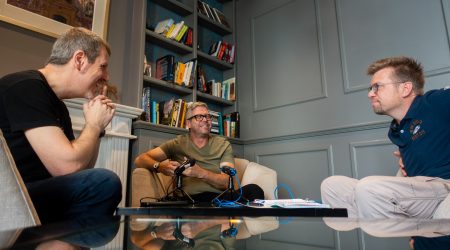
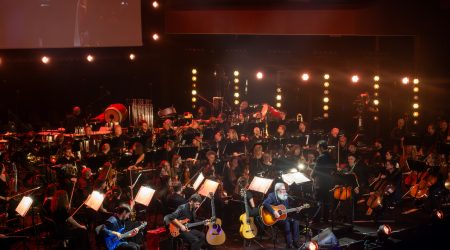

I find Atli’s music annoying during the three Chicago weekly TV shows. In my opinion, Atli is trying to interpret the characters’ emotional state or trying to involve the viewer in that state, however, his “noise” devolves into a muddy mix of violin bowing, fluttering flutes and odd drum beats. His music slides beyond the story past the point of fade to black and suggests he knows not when to STOP. There is NO sense to his background music and I wish he would stop!